Edutain [ed-yoo-teyn] verb to educate and entertain simultaneously
How does teaching your art inform your performance? I asked five theater professionals and here’s what they say…
Forrest McClendon, The Scottsboro Boys
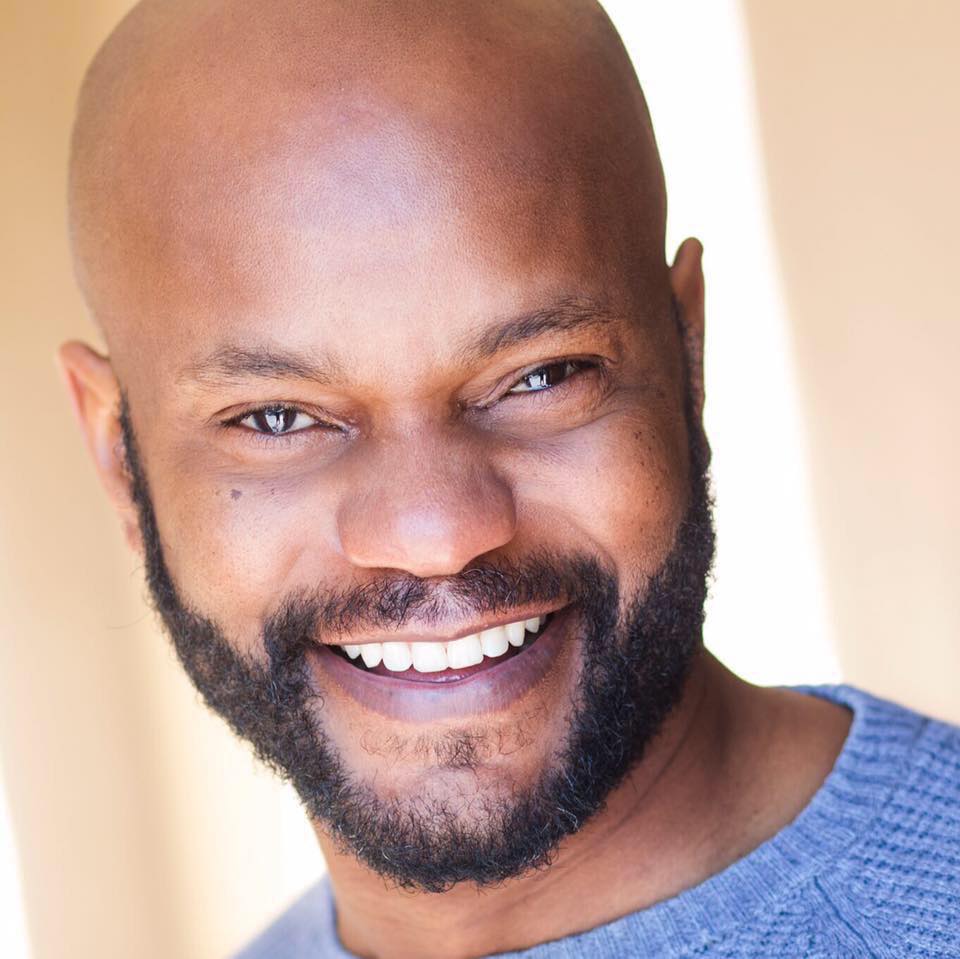
When I got cast in The Scottsboro Boys I remember a fellow performer said, “You’re gonna have to give up that teaching sh@% now!” I looked at him with equal parts incredulity and intrigue. “Why?” I asked. I’m still waiting for an answer. I’ve always done both. They feed each other, especially at this point in my career. I do a lot of international master classes and that largely means opening a script I happen to be working on along with my journal. It’s an opportunity for me to talk about living as an artist. In 2017, I performed in a new play directed by Taye Diggs in NYC and then commuted to the O’Neill in Connecticut to lead a workshop for writers, actors, and directors. I’m a storyteller, and making new work and training future theater-makers informs one another. I feel at home where there is a university and an Equity theater. For me, the O’Neill is Hogwarts.
Lauryn Ciardullo, Aladdin
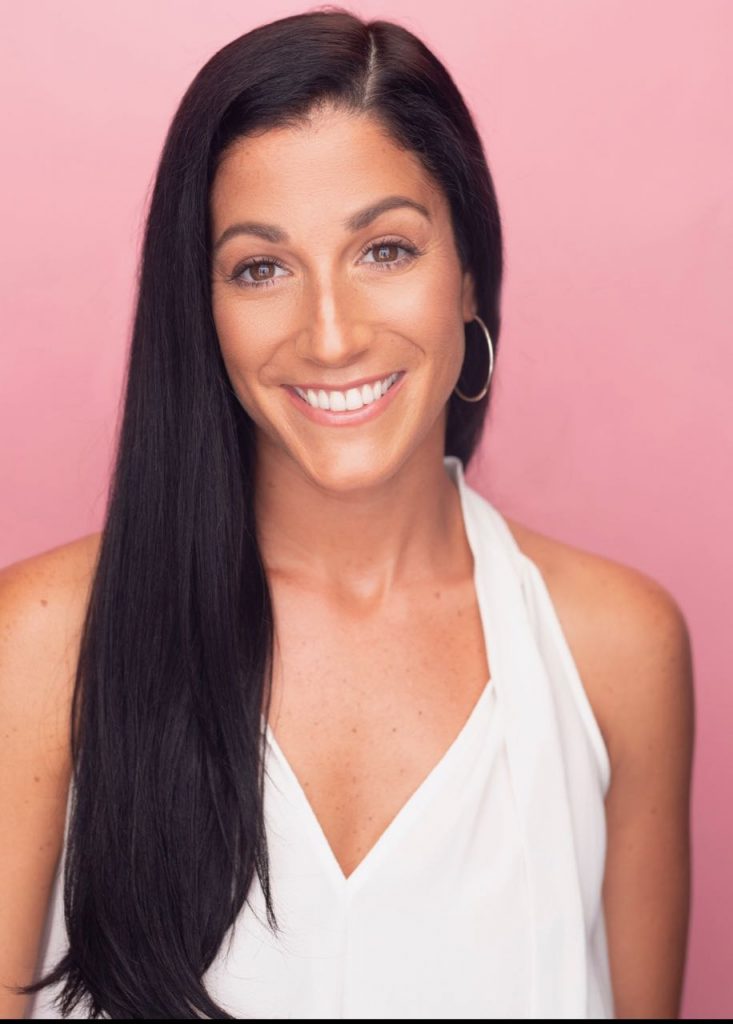
I teach by using the experience I’ve had performing in shows but more importantly taking bits and pieces from my amazing teachers. I like to give constructive criticism by using myself as an example and sharing habits I had trouble breaking as a singer/dancer. For a singer who needs help with a vowel, I’ll start by saying “this is an exaggeration of what you’re doing” and then I will demonstrate. “Try to tweak it ever so slightly and do it this way instead.” We’re always learning no matter what age or how much experience we have. I think of myself as a fellow performer to my students. I hope to guide them as the eyes and ears of someone who may be auditioning them.
Samantha Joy Pearlman, Chasing Rainbows
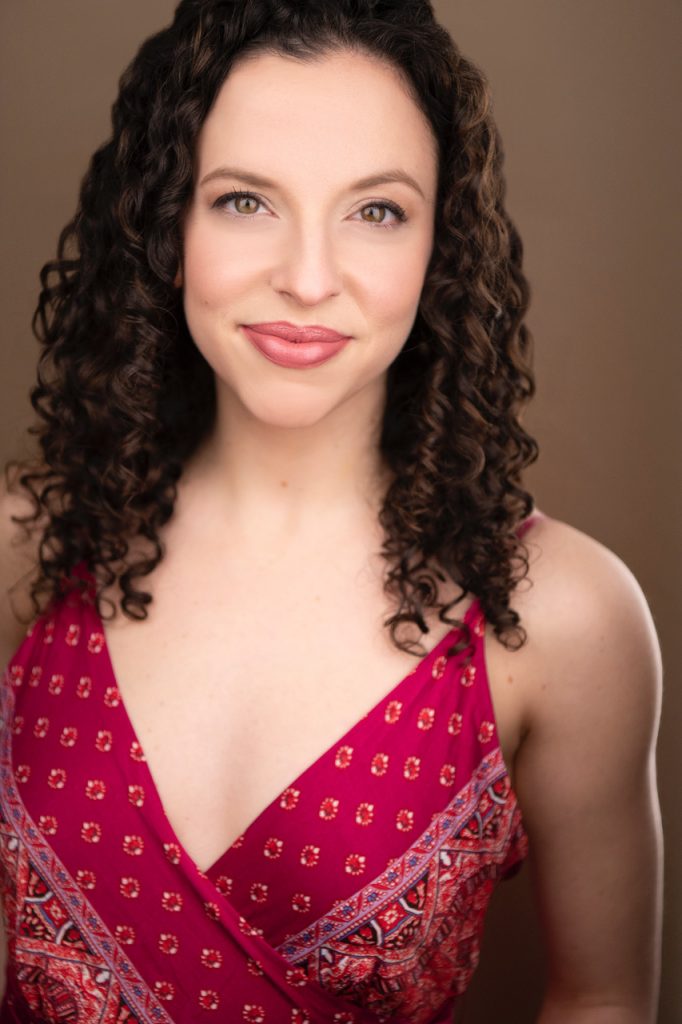
I’m sure you’ve heard “Those who can’t do, teach.” I knew from a young age that could not be farther from the truth. My first voice teacher, the late great Victoria Mallory, was a working actress, teacher, mother, and beautiful spirit. She modeled what a great coach looked like for aspiring performers. Currently I’m a working actor/musician/director, in addition to a private voice teacher and acting coach. Working professionally in the entertainment business is integral to my teaching work and vice versa. I can more effectively help my clients walk into auditions or rehearsal rooms as I am there, too. I train my clients not only to master their instrument, but also to better navigate the professional landscape for the NYC theater scene. Coaching singers and actors is a deeply creative process, as well as a daily practice of empathy, listening, and collaboration. It helps keep my vocal and acting chops open and active as I dialogue with students. Teaching and performing are about curiosity and learning – I can’t imagine having one career without the other.
Natalie Weiss, Breaking Down The Riffs
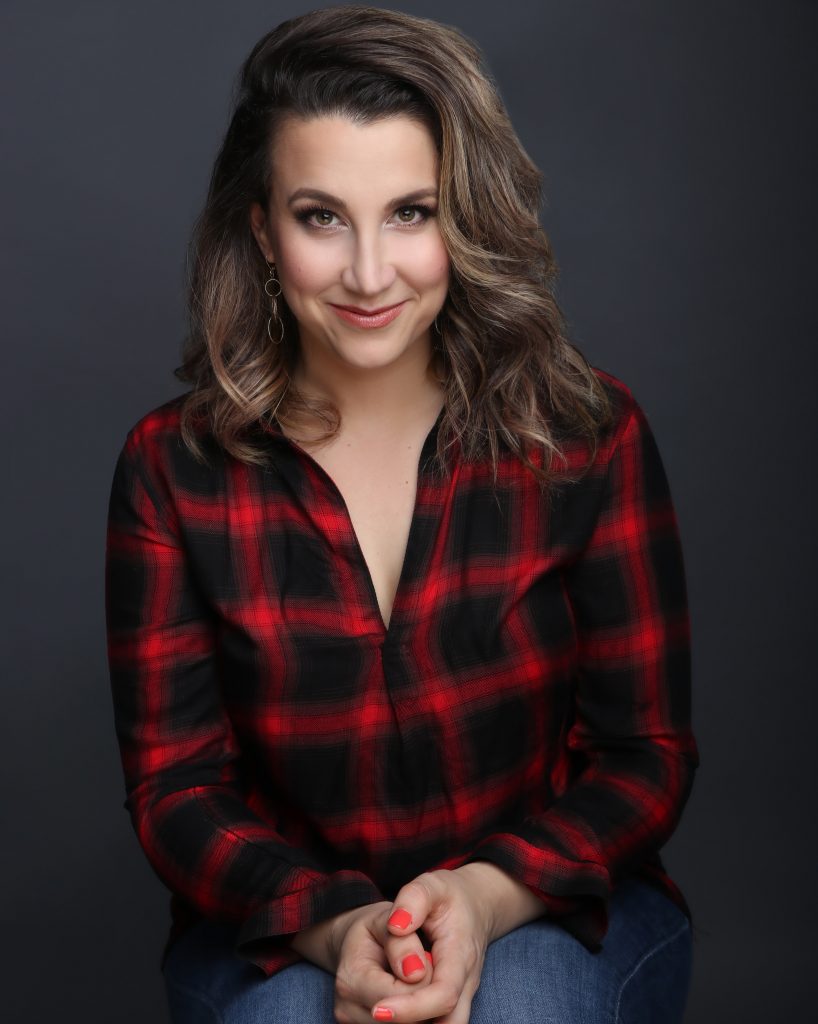
I love to multitask and have 80 things going on. My hustler mindset is on 24/7 and I find it hard to take vacations. My friend is getting married in Utah? Great! How can I turn this into a business opportunity. When I first graduated, I said yes to everything, and though it’s hard for me to say “no,” I’ve learned there’s also power in it. I want to give my fellow artists 100% of me, and in order to do that, I strive to find a balance between work and play for vocal, mental, and physical health. I often suffer from imposter syndrome since I don’t have a vocal pedagogy degree and I find myself making it up as I go. But it is those major breakthrough moments with a student that reaffirms I’m right where I need to be. Last year, I had 20 of my regular students join me on stage for a number in my solo show at The Green Room 42. My ultimate dream is to own a pop music school and for the first time, I saw it come to fruition. To combine performance and education for a sold-out crowd was definitely a life highlight and something I hope to achieve again and again.
Michael McElroy, Broadway Inspirational Voices
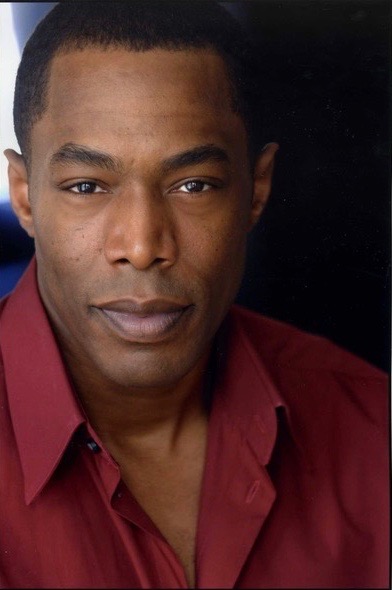
As a working actor for almost 30 years, I bring my knowledge and craft into every classroom. As a professor of vocal performance or acting the song, I create my syllabi based on exercises that allow the young actor in training to access and utilize lived experiences, develop their imagination, and build their acting skills. I develop exercises and techniques taken from my own acting work and process. Being a teacher that still performs, I must utilize in practice what I demonstrate to my students in the classroom. By teaching and remaining active in the field I continue to evolve as an actor and my students are able to see me utilizing skills that I want to instill in each of them. Those skills are an entryway into the work but also, in a more holistic way, help each student to recognize the ways in which they must approach their craft.



